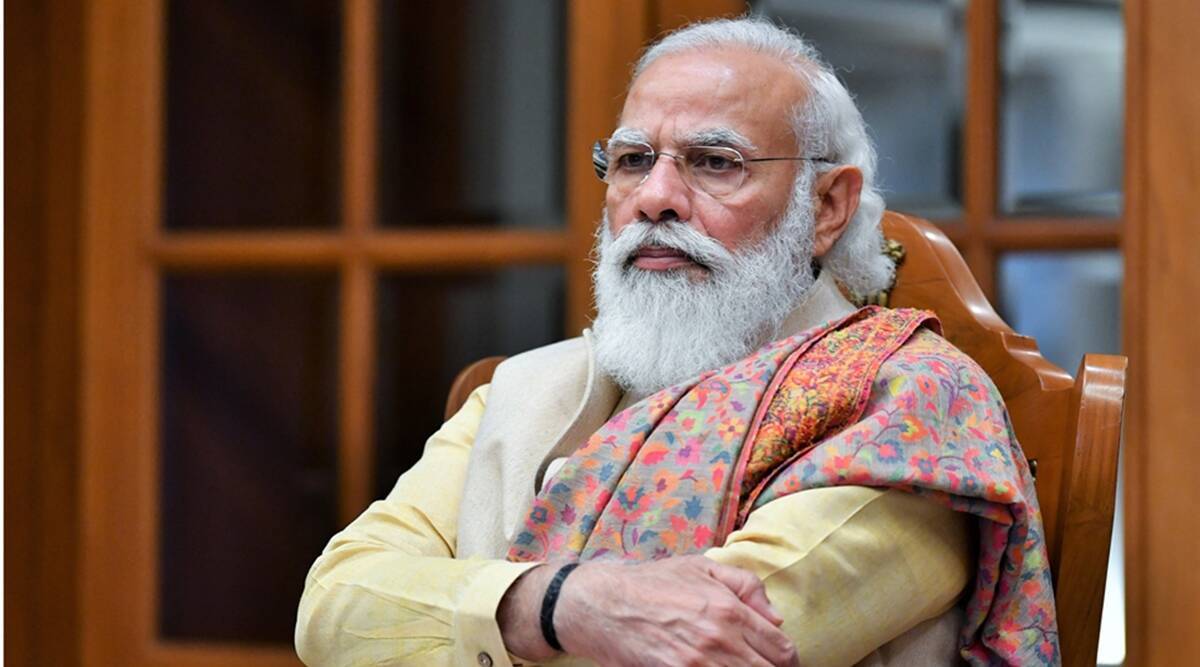Is India faring poorly where it comes to the democratic values of its citizens? Is the country not doing all too well where it comes to protecting the interest and general well-being of its citizens? Who’s to know? Well, of course, without a speck of doubt- there’ll always be some who will offer a holistic view of the country, resort to a non-partisan perspective when dishing truth in the matter and then, there’ll always be some who will speak the unbridled truth, regardless of however stingy it appears.
But then there’s also another view that takes into consideration what is being written in the international media (press, blogs, TV media, even podcasts) about a country in particular.
Now what cannot be denied, unless one was living under a rock is that, it’s not always that India bags the most sterling coverage in the international press and ratings systems when it comes to values like freedom of expression and the right to personal liberty.
The general portrait- and we all can disagree on things whether it is harsh o made-up- about India is one that hinges on a polarizing depiction. So just how is that?
Well, at this point in time, look no further than what a Washington-based Think-Tank Freedom House had to say on the matter. Offering a freedom score that won’t exactly swell the country with pride, it’s a bit telling to note the finding of the revered US Think-tank.
India’s freedom score, one ought to know, measures 67, having once been 71, in the index of measuring just how free a country really is. That being said, the highest freedom score that a country can get is clearly 100.
Now that said, what’s particularly troubling in terms of India’s freedom score ranking is that according to the latest work by the said think-tank, India’s overall rank actually fell from 83 to 88 out of a whole list of 211 countries.

That being said, here’s what the annual report of the Freedom House had to offer in its analysis on the country and why it’s given that rank to India:
“His (Modi’s) Hindu nationalist government has presided over increased pressure on human rights organizations, rising intimidation of academics and journalists, and a spate of bigoted attacks — including lynchings — aimed at Muslims. The decline deepened following Modi’s reelection in 2019, and the government’s response to the coronavirus pandemic in 2020 featured further abuses of fundamental rights.”
Furthermore, this is even more important to read:
In a press release, the organisation underscored a “pattern in which the Hindu nationalist government and its allies have presided over rising violence and discriminatory policies affecting the Muslim population and pursued a crackdown on expressions of dissent by the media, academics, civil society groups, and protesters”.
As a country, surely there’s been widespread dissent in the matter of the last twelve to eighteen months, in particular, with remorseful episodes such as the Delhi riots (Hindu vs Muslim clash) in early 2020 offering a spiteful view of just what the democracy has gone onto become. Moreover, with the arrests of climate activists in 2021 and the ongoing farmer agitation over the new norms of the existing government, surely one can say that India’s seen better days in the past where it comes to civilian harmony and the upkeep of the democratic spirit.
Also Read: India To Place People With Down Syndrome On Top Priority In Giving COVID 19 Jabs


